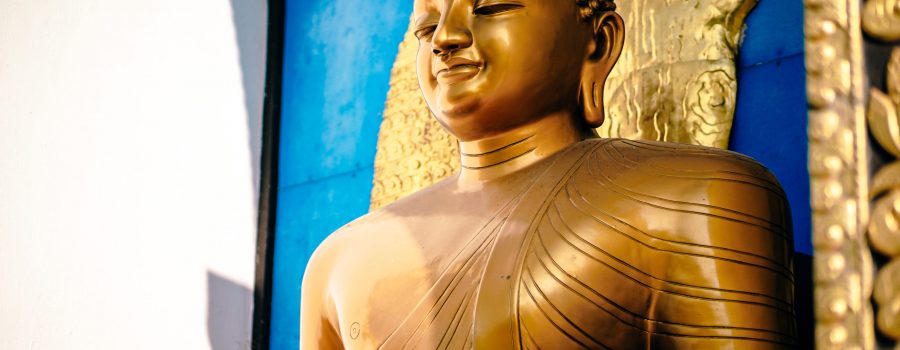
Is suffering really essential for spiritual awakening? Yes, because difficult situations get our attention. A situation is difficult because we view it with attachment or aversion, we want to impose our will on what’s happening or how we feel by rejecting or reacting negatively. We want to make someone or something responsible for how we feel. You forgot my birthday and I’m feeling hurt, disappointed… it’s natural because we want the people we love to do things that will make us happy. My own life experience of birthdays has been joyful occasions so I expected you too would love to honor my birthday. However, you’ve had some bad life experiences with birthdays, you don’t want others to go through the trauma you experienced or to re-traumatize yourself. By recognizing this my disappointment disappears and feeling sorry for myself turns into empathy for your suffering around birthdays. Not blaming you for how I feel allows my disappointment to offer me insight, the opportunity to know, understand, and love you more. My hurt and disappointment allows me to be more open to you, and to myself.
When the historical Buddha awakened, he was able to experience reality free from the conditioning influences of his life experiences. We all grow up with certain assumptions about what is good and bad, right, and wrong, and what we like or don’t like based upon what is familiar and unfamiliar, safe, or unsafe, secure, or insecure. Our home environment growing up offers a very limited view of reality. As we venture into the world we carry with us a world-view of the formative assumptions and expectations we’ve learned as a child. The all-too-often fractious relationship between parent and adolescent are evidence that the child is going beyond the family centered world-view.
This is essentially what the Buddha did when he left his family home to the life of a forest yogi. His sheltered world-view could not reconcile the suffering he felt and witnessed around him. His yogi training was a radical renunciation of his previous life experiences to the point of starving his body to overcome any form of material or sensational craving that would obscure the spiritual truth he so urgently sought. On the brink of death, the Buddha recognized that such an extreme practice was itself unwise and realized a “middle way,” living without an excess of attachment or aversion, indulgence, or renunciation. The profound wisdom of the Middle Way is the foundation of all the Buddhist spiritual teachings on the path of awakening.